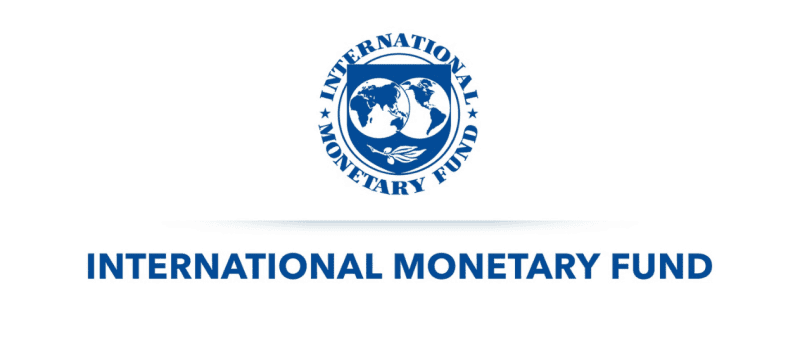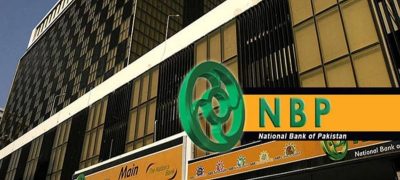The caretaker government must act swiftly in response to the International Monetary Fund’s (IMF) insistence on retroactive petrol price modifications to rein in spiralling circular debt.
These actions include boosting cash payments to Benazir Income Support Programme (BISP) urban recipients, allocating funding for Balochistan’s winter gas needs, and making cash and non-cash book adjustments to settle inter-corporate payables and receivables between energy organisations.
The government will also need to start long-term structural adjustments, including as separating the transmission network from the two current Sui gas companies, moving towards a weighted average cost of domestic gas and LNG imports, and increasing the production of oil and gas molecules.
Sources say that the Oil & Gas Regulatory Authority (Ogra), the Ministries of Finance and Energy, representatives from Sui Northern Gas Pipelines Limited (SNGPL) and Sui Southern Gas Company Limited (SSGCL), and others were still in discussions on Tuesday regarding the pricing structure and restructuring of the energy sector entities’ payables and receivables.
Read more:Shahrukh Khan’s Jawan enters 800 Crore Club Worldwide
At the centre of the challenge is how to insulate poor households in urban centres from the gas price shock. Urban households are accustomed to cheaper gas prices compared to their rural counterparts, who pay a heavy price for LPG and other expensive alternative fuels.
In Balochistan, where gas supply is crucial for the survival of tens of thousands during freezing winters, this becomes even more critical. This must be done at the cost of unaccounted-for gas (UFG) losses of SSGCL, which fluctuate between 14pc and 18pc.
About Rs10bn in subsidy is being envisaged to protect the poor in Balochistan, while an increase in cash payments under BISP is being worked out to allow poor domestic consumers in the cities to absorb the additional burden of the gas price increase determined by Ogra at 45-50pc for the current fiscal year.
A senior government official said, “We have to take care of the low-income consumers through safety nets, for instance in Balochistan, where low-income consumers are comparatively vulnerable because of the severe drop in temperature and annual cold wave during the winter season,” adding that a special tariff for Balochistan’s low-income consumers was being worked out at a cost of Rs10bn this year and is estimated to increase in the future.
The official pointed out that while those in urban regions with piped gas connections benefit from substantially lower pricing, others in remote places are compelled to utilise pricey gas cylinders.
The representative emphasised that while residents in urban areas with piped gas connections enjoy significantly lower prices, others in remote locations are forced to use expensive gas cylinders.









